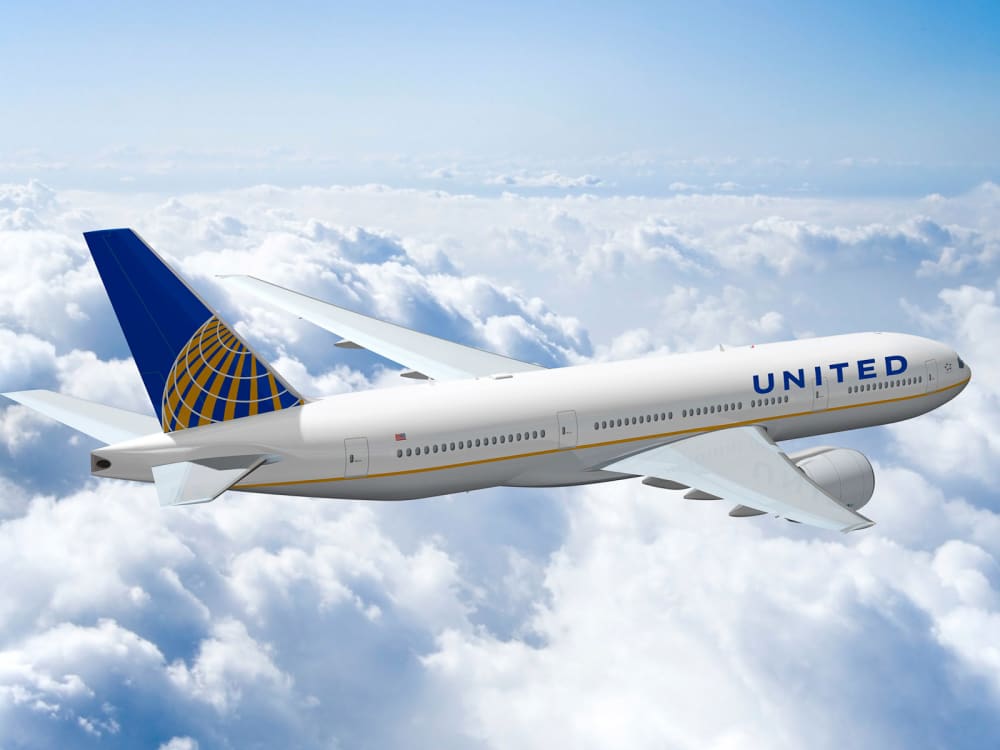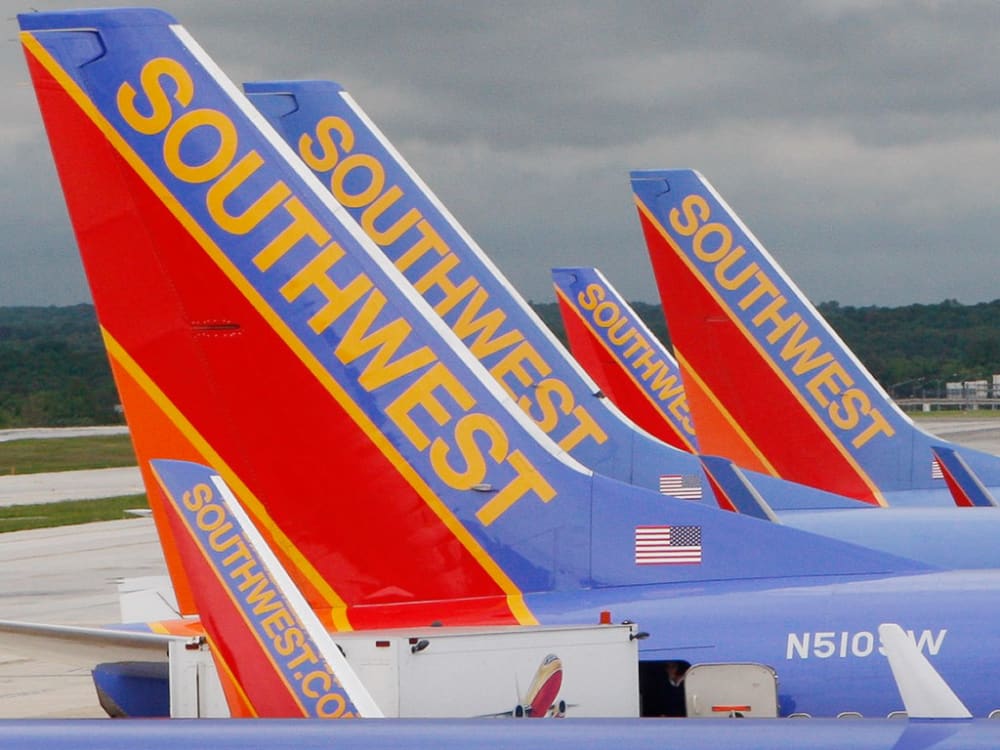A win for passengers?
Southwest Airlines scores an important victory over United in internationalairport fight
 Photo by Tammy Bryngelson
Photo by Tammy Bryngelson Photo by Charles Dharapak/AP
Photo by Charles Dharapak/AP
The airline war in Houston is heating up — and it doesn't figure to cool off anytime soon.
Not after Southwest Airlines received important backing for its $100 million proposal for a new international terminal at William P. Hobby Airport — an expansion that United Airlines strongly opposes.
Southwest Airlines wants a new terminal that would allow the airline to fly internationally to Mexico and the Caribbean from Houston. On Monday afternoon, the Houston Airport System (HAS) came out in support of the Dallas-based airline's proposal.
The studies' findings suggest that a second international airport would mean an additional 1.5 million passengers passing through the city each year, translating to the creation of 10,000 jobs and $1.6 billion in annual revenue.
"I have concluded given Southwest's existing and sizeable domestic network operation at Hobby, it would not be reasonable to require the airline to relocate to Bush Intercontinental Airport (IAH), or even conduct split operations — domestic service at Hobby and international service at Intercontinental," Mario C. Diaz, aviation director for the airport system, said in a statement.
"Therefore, it’s my recommendation we support Southwest's request to begin the process of obtaining the necessary approvals to initiate international service at Hobby."
Diaz based this conclusion upon the results of two studies looking at market analysis, passenger traffic forecast, economic impact and quality of service, as well as the expansion's affect on the citizens and the businesses of the region.
The studies' findings suggest that a second international airport in Houston would mean an additional 1.5 million passengers passing through the city each year, translating to the creation of 10,000 jobs and $1.6 billion in annual revenue.
Though Southwest came forward with the proposal, Diaz insisted that a new terminal would be a common-use facility, meaning that any international carrier could operate out of its gates. He says that one or two other airlines have also expressed interest.
United has already written a letter to the HAS expressing disapproval of a second international airport. Will this increase the company's ire?
"We believe that United has not provided us the data to refute the findings," Diaz said during a conference call. United has commissioned an additional study, but Diaz doubts that results will persuade him differently.
"My decision will be based on what is best for the city and the flying public, not what may or may not be best for any one specific airline," Parker said.
Though the final decision lies in the hands of the federal government, the next step for the expansion is support from Mayor Annise Parker and the Houston City Council.
"I am carefully considering Southwest’s proposal and the recommendation of the city's aviation director and will take all views into account. With City Council involvement, we will convene meetings with and seek input from stakeholders, including airlines, members of the business community, Houston residents, organized labor and other interested persons," said Parker in a statement.
"My decision, which I intend to reach by the end of April, will be based on what is best for the city and the flying public, not what may or may not be best for any one specific airline."
Up until now, the merger of Continental and United Airlines — and the headquarters' relocation to Chicago — hasn't affected the company's long-standing relationship with the Houston Airport System (HAS).
United officials have said that a second international airport in Houston would threaten its own expansion plans at IAH and result in more than a thousand lost jobs.
